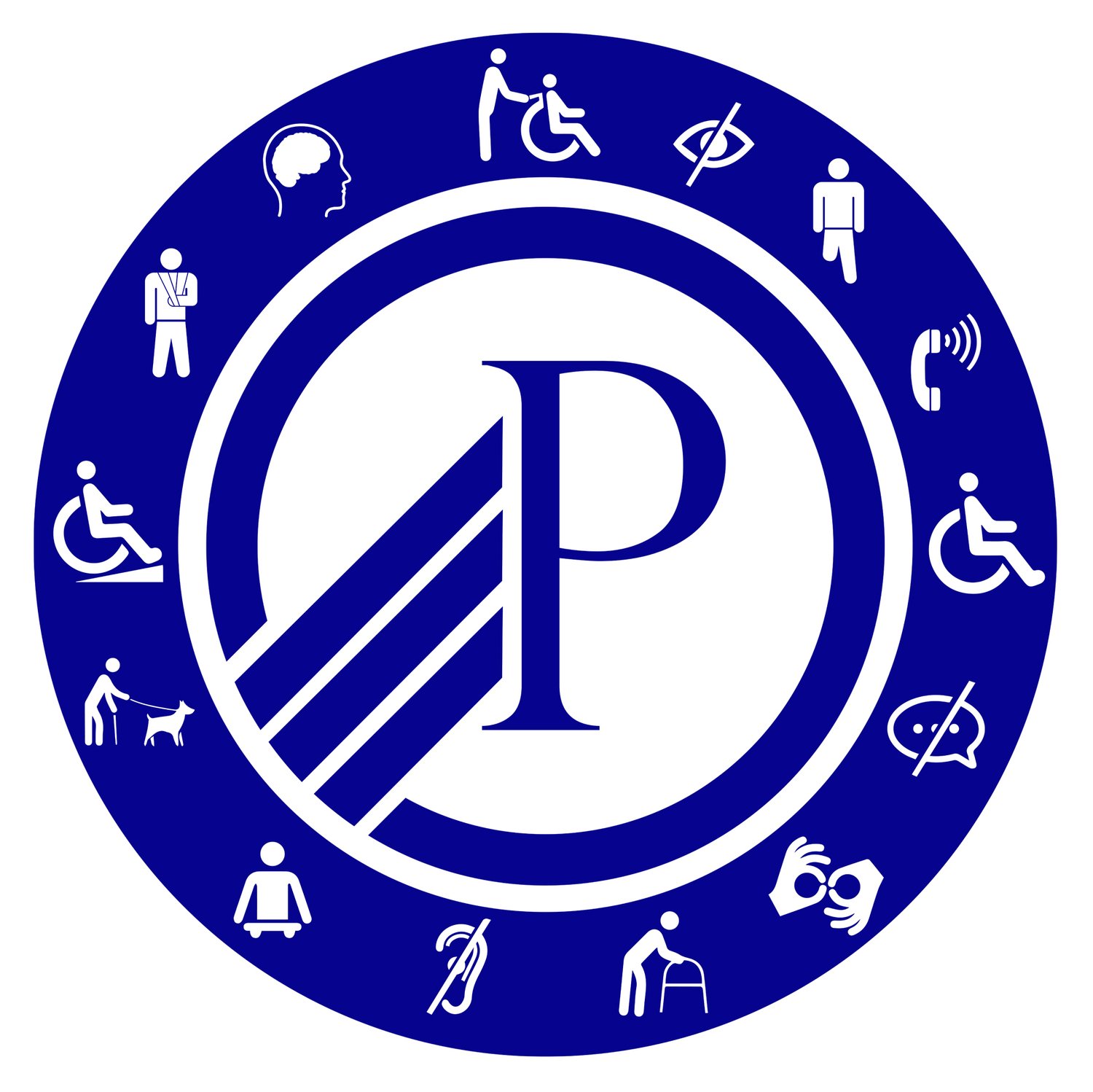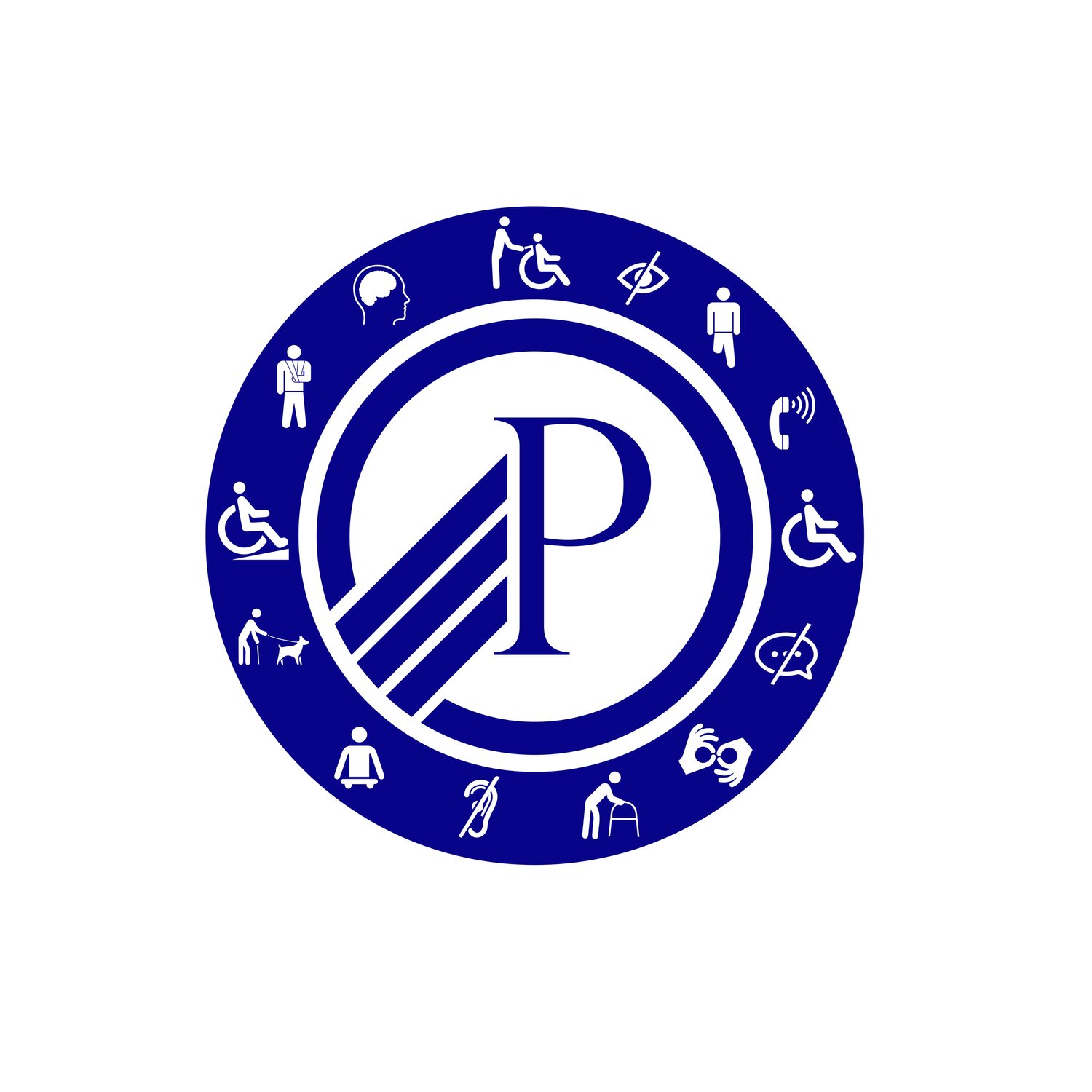How Far Is Too Far? Disability Language. Our Thoughts.
by Jason Hahr
"Language....has as much to do with the philosophical and political conditioning of society as geography or climate...people do not realize the extent to which their attitudes have been conditioned since early childhood by the power of words to enable or condemn, augment, or detract, glorify or demean. Negative Language inflicts most people's subconscious from the time they first learn to speak. Prejudice is not merely imparted or superimposed. It is metabolized in the bloodstream of society. What is needed is not so much a change in Language as an awareness of the power of words to condition attitudes." (Saturday Review 1967)
When one thinks about the above quote, it takes a minute to sink in, but when it finally does, we are reminded that we, as humans, are complex creatures. The one thing that sets us apart from all other life on earth is Language. From early infancy, we are conditioned by our physical surroundings and the Language we take in. For example, a child in India will learn several dialects of the Indian subcontinent. Still, US English will be foreign to them, whereas someone who grew up in America will quickly pick up on the idiom of "chilling." It is amazing the power we give Language. It can be positive or neutral; however, it's most dangerous when it is given the ability to affect someone or a group of people negatively. Notice how I said that it is only harmful when we allow it to be; this essay will argue that it is not Language that has the power of negativity; instead, all of the power remains with the person. I mean that something I may find offensive may or may not be offensive to another person. At the end of this blog, I hope you will understand why I believe that just because we sanitize Language does not mean that we can sanitize ignorance.
The idea for this blog post came about as a result of a conversation with one of my new caregivers. She recently asked me what the acceptable term is for someone with a disability? It got me thinking, what exactly does the term "disability" even mean? Words only have context if we give them context. I use the word "gimp" to refer to myself quite often. It has no negative context because I am using it humorously. However, other individuals who are in my situation distinctly hate the word. Why is this? The answer is simple. I was not conditioned to have any negative connotation of "gimp." The first time I encountered the word was in a movie entitled King Gimp. The film is about an art student named Dan, who was extraordinarily disabled but used his disability to increase his quality of life significantly. I recommend that everyone, whether disabled or not, check out this excellent documentary at some point in their lives. It will give you a different perspective on disability and life in general.
However, back to my point. Since I had a positive experience the first time I heard the word gimp, there's no negative connotation behind it. Language is a unique tool that humans possess. We can establish our meaning and context for a variety of words. Something insulting in one Language may be a term of endearment in another. The same can be said for terms relating to disability. One of the most common terms to describe disability is "true disability. This term is used in disability circles to refer to a person who has been disabled from birth. I argue that, if we use this term, aren't we in all actuality segregating ourselves even more?
I have never been one to be politically correct. Like I said above, I make fun of myself all the time, but I understand the need in an appropriate professional setting to be non-condescending. Therefore, I make this argument. The term "disability" should no longer be used. One might ask, what do I suggest? What should be used to replace it? When I was going to get my Master's in education, a term that was often used was exceptionality. I think this is a neutral term—neither positive nor negative, which allows the person with the exceptionality to determine the word's context. The person sitting next to me, helping me write this, is exceptional in some areas of her life, just as I am exceptional in certain areas. While not changing one's condition, Neutral Language may be better than society immediately labeling a person. Because as much as I would like to hope that society's labels don't impact people, I would not be honest if I said this was the case. On the deepest level, the Language we hear daily affects us.
How Far Is Too Far? Disability Language
To further illustrate my point, let us look at the phenomenon known as the "Special Olympics." Earlier, I said that words are only as powerful as we allow them to be; however, do the same rules apply when it comes to these games? The overall concept of the games is a good one. I am not here to dispute the benefits of these Special Olympics; that is for another post later. I bring them up here for one reason. As I have argued throughout this piece, words are just words until people put a negative spin on them. It is the opinion of this writer and not anyone else that by calling the athletic efforts by people with developmental disabilities "special," an entire segment of the population is being infantilized. If you don’t believe me, look at the Paralympic games held in the same city as the summer or winter Olympic Games. These games focus on athletes who are disabled but not developmentally disabled. At no point in time are these athletes seen as "special" just because of who they are. However, as a former special Olympian, I can say that the whole focus of the special Olympics is different. The language they use to describe the entire event makes organizers feel like they have done something great. Don't get me wrong; I am not saying that the concept is flawed; instead, the organizers need to be reminded that even though these athletes are different from you, they are just as human as you. They are not special bundles of joy just because they got out of bed that day.
As a final thought, it is essential to remember that just because we sanitize language, it doesn't change one's ability, or in this case, one's disability. Sanitizing language does not get rid of prejudice. Indeed, it gives those who are prejudiced more firepower. My opinion is just that, an opinion. If you disagree with something I said in this essay, I welcome an open and honest discussion. I believe that it is through dialogue and exposure that we will change hearts and minds.

